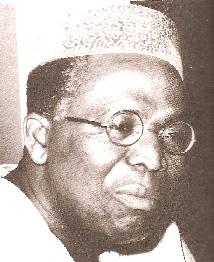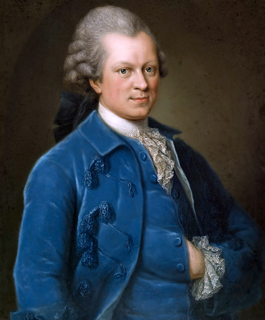A Quote by Joseph Conrad
The good author is he who contemplates without marked joy or excessive sorrow the adventures of his soul amongst criticisms.
Related Quotes
The difference between shallow happiness and a deep, sustaining joy is sorrow. Happiness lives where sorrow is not. When sorrow arrives, happiness dies. It can't stand pain. Joy, on the other hand, rises from sorrow and therefore can withstand all grief. Joy, by the grace of God, is the transfiguration of suffering into endurance, and of endurance into character, and of character into hope--and the hope that has become our joy does not (as happiness must for those who depend up on it) disappoint us.
This is the doctrine of Christian Science: that divine Love cannot be deprived of its manifestation, or object; that joy cannot be turned into sorrow, for sorrow is not the master of joy; that good can never produce evil; that matter can never produce mind nor life result in death. The perfect man - governed by God, his perfect Principle - is sinless and eternal.
Nothing is so intolerable to man as being fully at rest, without passion, without business, without entertainment, without care. It is then that he recognizes that he is empty, insufficient, dependent, ineffectual. From the depths of his soul now comes at once boredom, gloom, sorrow, chagrin, resentment and despair.







































